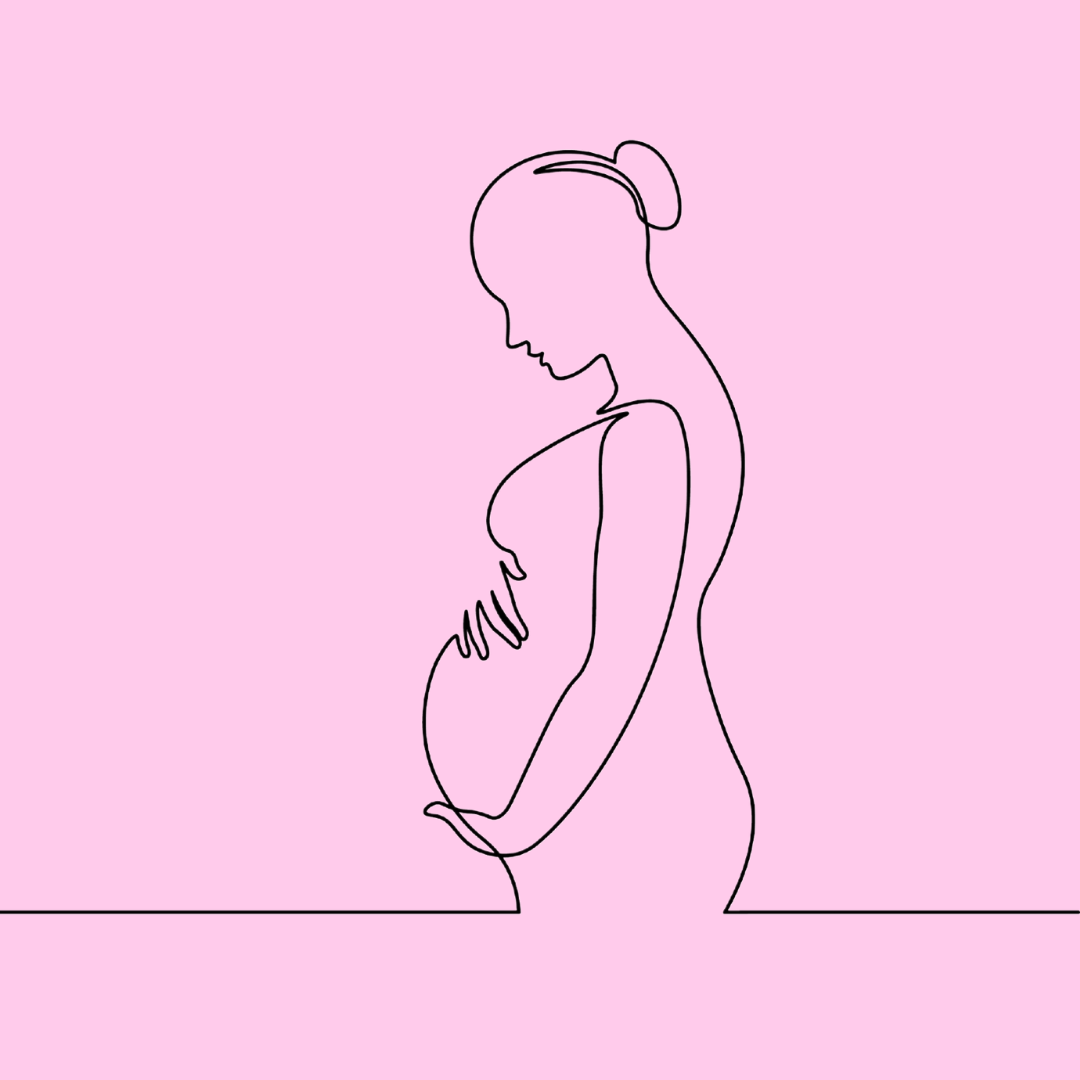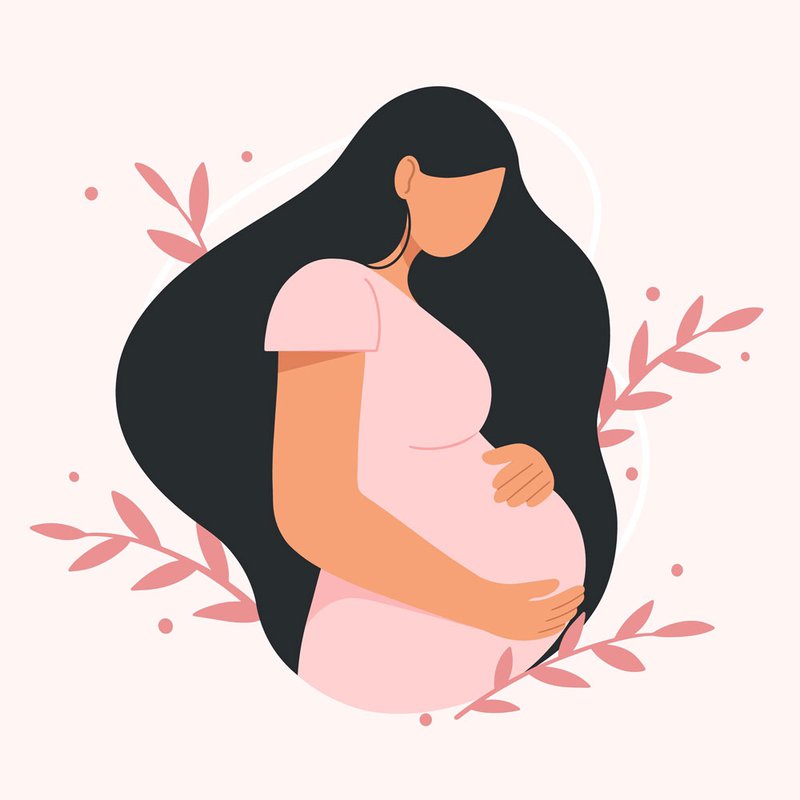The World Health Organisation states that one in six people across the world experience infertility issues. But luckily there are options out there to help couples conceive, with IVF being one of the most popular routes. Here, Nadine Aoun, senior clinical dietician at Medcare Women & Children Hospital, explains the importance of nutrition to support IVF treatment and offers seven simple lifestyle changes that can have a big impact
IVF can be a physically and mentally demanding process, not to mention a costly one. Daily injections, hormone treatment and a surgical procedure to remove the eggs can all add up to quite an ordeal for some women, who must also think about lifestyle factors.
But how important is nutrition in relation to fertility? “Nutrition is considered as one of the most important environmental elements influencing reproductive abilities. Therefore, adopting a balanced and diverse diet is the most critical aspect to look at before beginning IVF treatment. This diet should include fresh fruits, vegetables, proteins, healthy fats and lean proteins,” explains Nadine.
Here are Nadine’s seven top tips on how to adjust your diet and lifestyle, before and during your IVF treatment:
Eat protein-rich foods
Seafood, lean meats, beans, soya, and eggs can enhance hormone and egg production, both of which are essential for successful IVF treatment. In the weeks leading up to your IVF cycle, aim to consume at least 60 grams of protein every day to prepare your body to respond optimally to ovulation induction and embryo transfer. Avocados, almonds and fatty fish are rich in unsaturated fats and fatty acids, which help your body absorb nutrients from other foods more effectively.
Quit smoking
Smoking reduces egg production and can damage the fallopian tubes and cervix. It also raises the chances of miscarriage.
Maintain a healthy weight
Obesity may negatively impact your body and disrupt ovulation, so try to maintain a healthy weight. Similarly, individuals who are very underweight are more likely to face challenges with conceiving.
Eat a nutrient-rich, anti-inflammatory diet
Consume foods high in folic acid such as cereals, fresh fruits, dried beans, peas, almonds, leafy green vegetables, and other wholegrains. An anti-inflammatory diet has been found to contribute to IVF success. That means limiting your intake of processed meals, fast food and sweets and including things like healthy fats, whole-grains, fruits and vegetables, as well as clean protein sources including fish, lentils and low-fat poultry. Whole-grains, fish high in Omega-3 fatty acids and nuts all help to maintain a healthy uterus. Soya products are safe, and even advantageous, for women undergoing IVF.
Maintain your insulin level balance
Consuming nutritious proteins helps maintain blood sugar equilibrium. It also supplies the body with hormones and promotes a healthy reproductive system. Healthy proteins include poultry, lean red meats, lentils, beans, nuts and seeds.
Exercise
Taking care of your physical health is essential for a healthier pregnancy. Mild to moderate exercise is recommended during an IVF treatment, but speak to your doctor to discuss your own individual fitness.
Manage stress
IVF can be an emotional roller coaster. Always know what you're getting yourself into and be prepared to make difficult decisions by forming a support group with your family and friends and discussing your problems with them often.
*Before undertaking any lifestyle changes it is important to talk to a doctor to discuss your circumstances and needs. This article is for guidance only.

